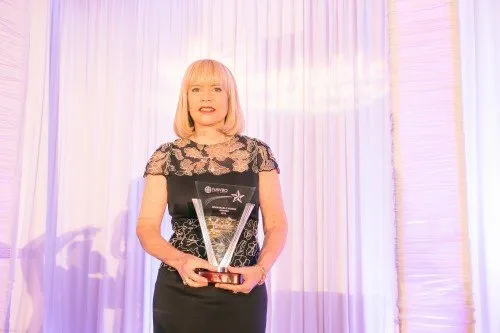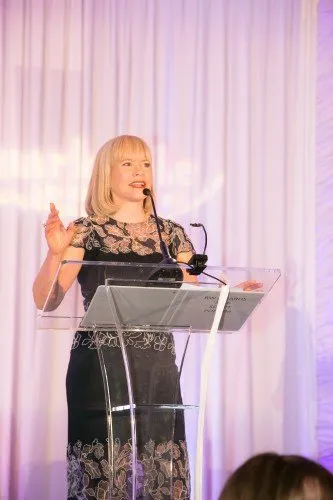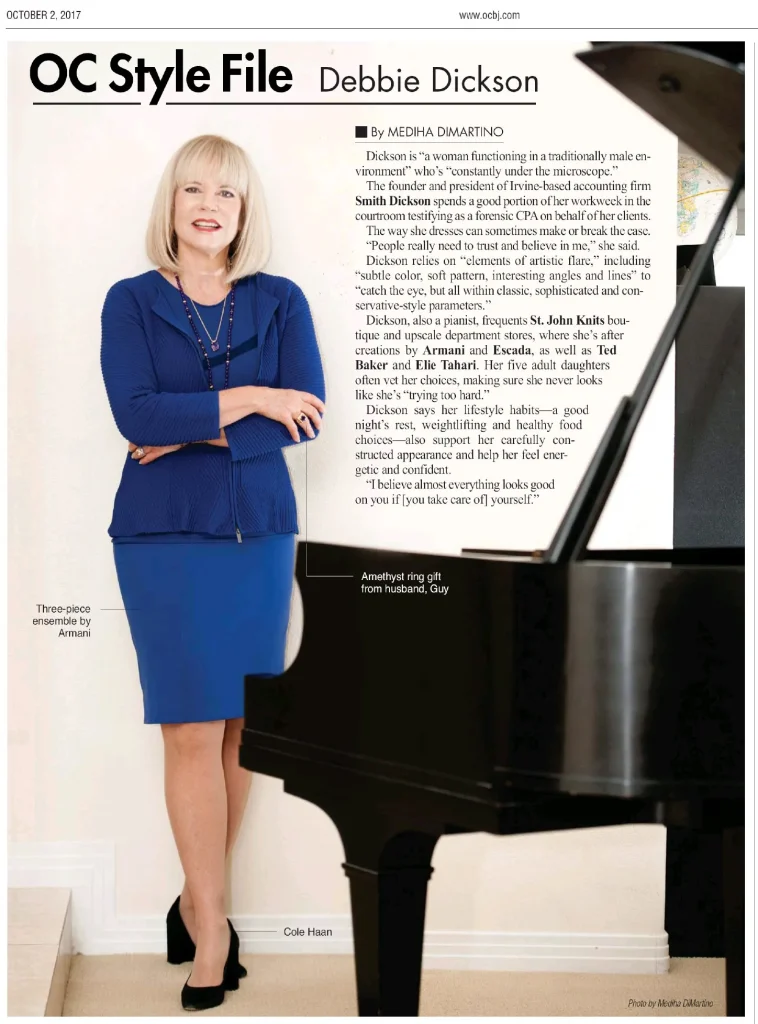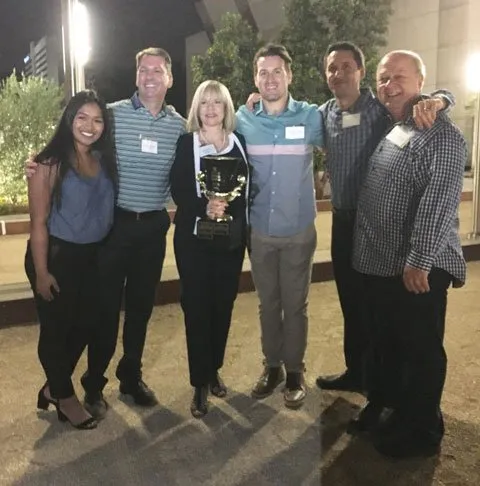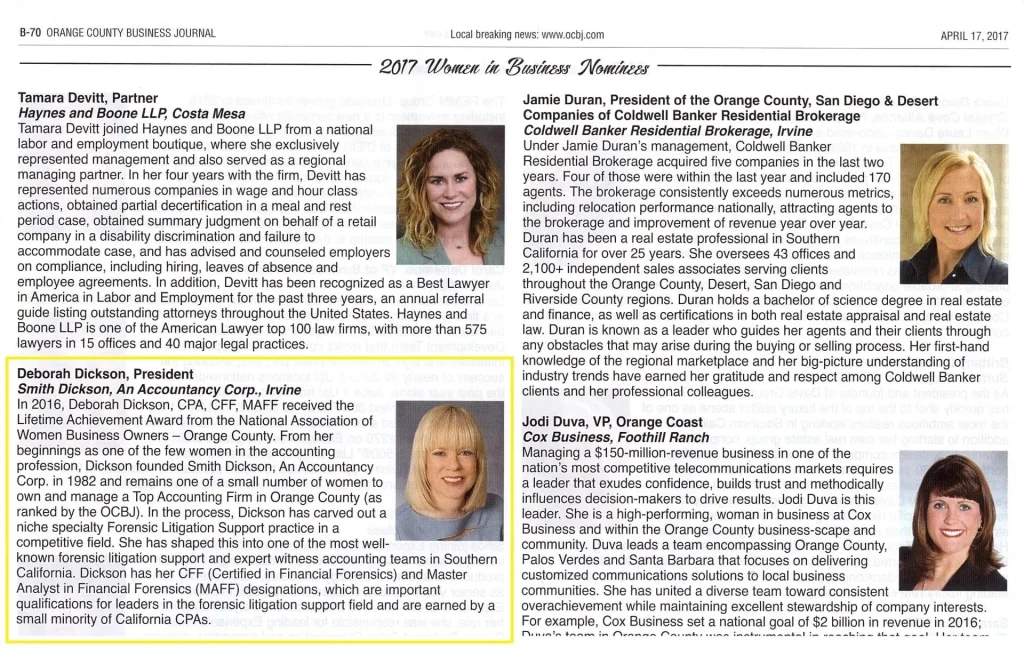How Tax Planning Changes the Game
At Smith Dickson CPA, we believe tax planning shouldn’t be a scramble—it should be a strategy.
Our tax services are designed to go far beyond basic compliance. We partner with individuals and businesses throughout the year to help them proactively minimize tax liabilities and create forward-looking strategies. It’s not just about filing a return—it’s about maximizing savings and making confident financial decisions.
What Makes Our Approach Different?
We take time to understand your complete financial picture. From business operations and income streams to investment strategies and estate planning, we connect the dots so that your tax plan supports your bigger goals. That means less stress and more control.
Whether you’re facing multi-state tax requirements, managing trusts and estates, or preparing your annual returns, we offer clarity in a complex system. Our seasoned professionals stay on top of the latest regulations and leverage every credit and deduction you’re entitled to—including lesser-known opportunities like research & development credits and net operating loss carryforwards.
Year-Round Support, Not Just April Rush
Tax planning isn't a one-time event, it’s an ongoing process. That’s why our certified public accountants work with clients all year long. We help anticipate changes, navigate evolving laws, and adjust plans so you’re always a step ahead.
Whether you're a business owner trying to reduce corporate taxes or an individual looking for smart estate planning moves, Smith Dickson CPA is here to guide you with expertise, strategy, and care.

